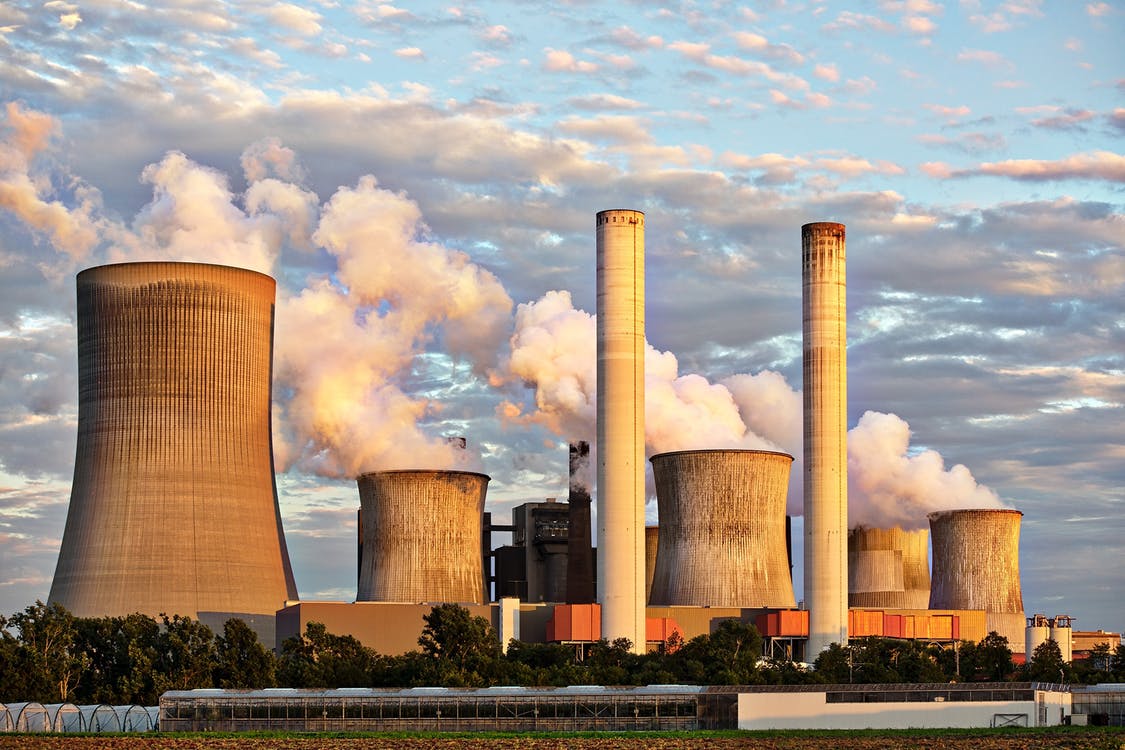The UK has now set in law the Climate Change Committee’s recommendation of a 78% emissions reduction by 2035.
As part of the sixth Carbon Budget – set to run from 2033 to 2037 – therefore, the UK will aim to reach the nearly 80% reduction on 1990 levels. This is 15 years earlier than the previous 80% reduction target by 2050, which was replaced by the country’s net zero commitment in 2019.
Significantly, the new commitment also incorporates the UK’s share of international aviation and shipping emissions for the first time.
Announcing the increased goal, Prime Minister Boris Johnson said we need to “raise the bar” on tackling climate change which is why they’ve set “the most ambitious target to cut emissions in the world.
“The UK will be home to pioneering businesses, new technologies and green innovation as we make progress to net zero emissions, laying the foundations for decades of economic growth in a way that creates thousands of jobs.
“We want to see world leaders follow our lead and match our ambition in the run up to the crucial climate summit COP26, as we will only build back greener and protect our planet if we come together to take action.”
The government pointed to previous successes in carbon reductions, particularly in the energy sector with numerous broken records in recent years as generation has more than quadrupled since 2010. Low carbon electricity generation now contributes over 50%.
During both the first and second Carbon Budgets, these successes helped the UK overachieve and it is currently on track to outperform its third budget too.
However, research from Green Alliance today pointed to challenges in further decarbonisation. In new research from the group, it suggested the faster than predicted shift to renewable energy is disguising a lack of progress in other sectors of the economy.
More policy detail needed for the energy sector
The increased target has been broadly welcomed by the energy industry, however more policy detail is needed according to Energy UK’s chief executive Emma Pinchbeck.
“The Government now needs to urgently focus on polices that can enable our industry to invest and help deliver on these pledges – by increasing still further the amount of low carbon generation, cutting emissions from housing and transport and by creating a modern, flexible energy system.”
Indeed, whilst the dramatic increase in renewable generation in the UK has been celebrated, during period of low demand due to the COVID-19 lockdown in 2020, the high levels of renewables highlighted the need for more flexibility.
This is likely to become even more keenly felt as sectors like transportation and heating electrify in order to reduce emissions.
RenewableUK’s deputy chief executive Melanie Onn echoed the call for more detailed policy for the energy sector in particular, adding that to “galvanise industry investment” further CCC recommendations should be adopted by the government including a specific commitment to decarbonise the electricity sector by 100% by 2035.
Read more: CURRENT




